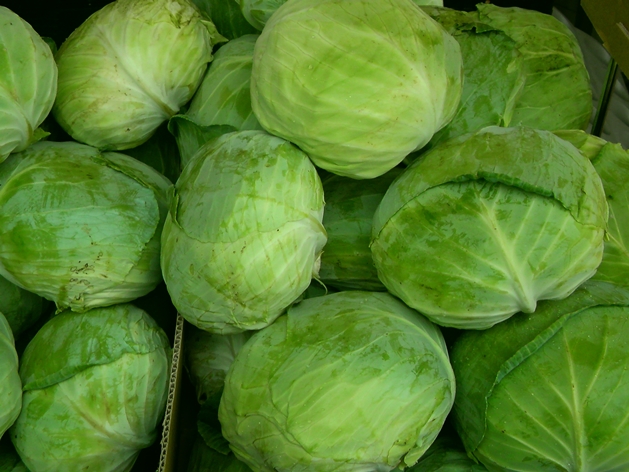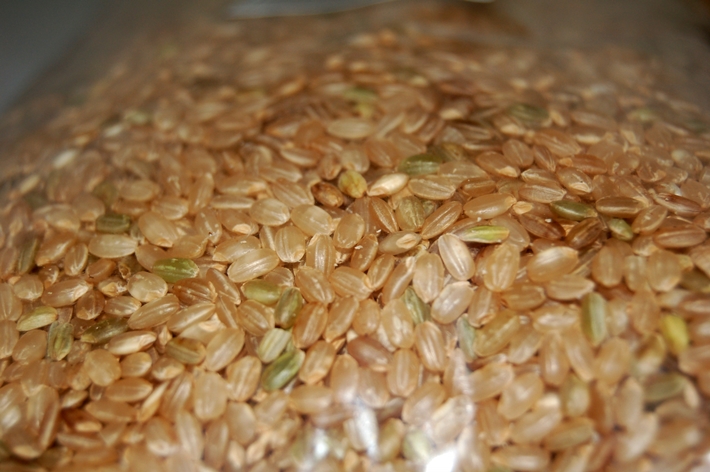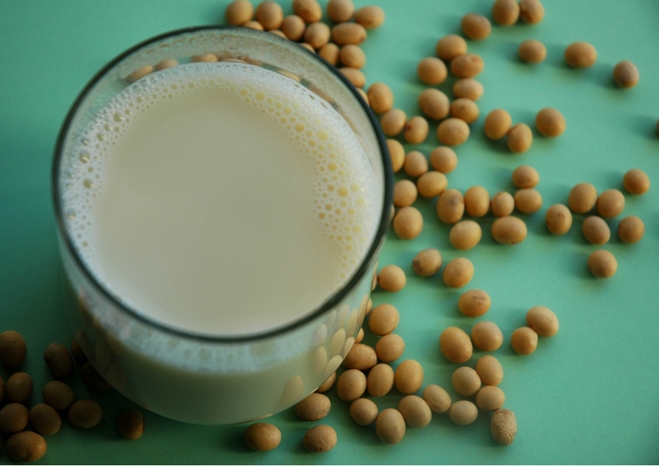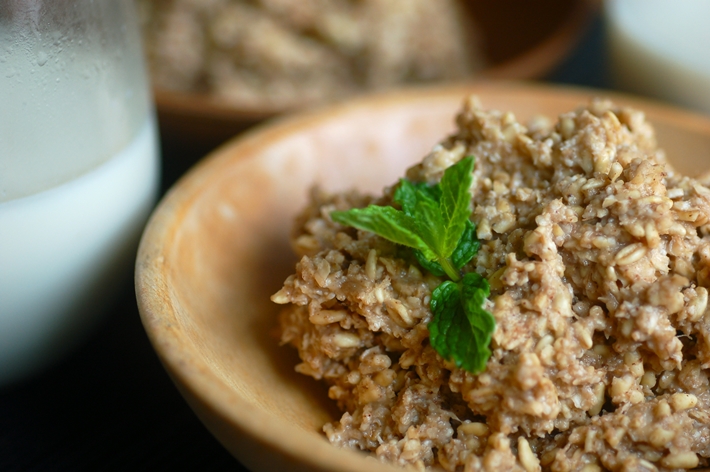 Greens like cabbage have a lot of insoluble fibre, which may not agree with a sensitive colon. Source: Mokeneco/Flickr
Greens like cabbage have a lot of insoluble fibre, which may not agree with a sensitive colon. Source: Mokeneco/Flickr
The digestive system is the backbone of good health and while foods with healthy bacteria or probiotic foods help it stay in shape, there are some foods that wreak havoc with the gut.
One of the most common ailments that affect the digestive system is the Irritable Bowel Syndrome (IBS). IBS is a gastrointestinal disorder that is characterised by a group of symptoms including abdominal pain and changes in patterns of bowel movement. The symptoms usually appear without any indication of underlying damage. While the causes vary from genetic factors, bacterial overgrowth in small intestine, sensitivity to certain foods and gut motility issues, IBS is a functional disorder and does not have a known cure.
Treatment for IBS includes dietary modification, medication, consumption of probiotics to bring relief from symptoms that trigger an attack. Dr Pankaj Dhawan, gastroenterologist at Mumbai’s Digestive Diseases & Endoscopy Centre has a few suggestions to manage the symptoms of IBS. “Symptoms of IBS vary from one patient to another, which means that individuals need to work with their doctors to develop a diet plan,” explains Dr Dhawan.
 If you can’t digest gluten, switch to brown rice, which is gluten-free and rich in fibre. Source: Dano/Flickr
If you can’t digest gluten, switch to brown rice, which is gluten-free and rich in fibre. Source: Dano/Flickr
While there are a few foods to stay away from, Dr Dhawan maintains that there aren’t any that will specifically help alleviate the symptoms because “every person suffering from IBS has difference tolerance to different foods.” So what may work for one person, may necessarily not work for another. Here’s a list of foods to avoid for those suffering from this chronic ailment:
IBS patients diagnosed with celiac disease have gluten intolerance which causes difficulties while absorbing gluten from food, leading to bloating, weight loss and fatigue. Grains like wheat, maize must be eliminated completely. Switching to gluten-free grains like buckwheat, amaranth, millet, rice (brown, white) would help.
 Non-dairy soy milk is ideal for those with an intolerance to lactose, but those with IBS need to check sensitivity to soy. Source: mc559/Flickr
Non-dairy soy milk is ideal for those with an intolerance to lactose, but those with IBS need to check sensitivity to soy. Source: mc559/Flickr
Some also have lactose intolerance, so milk and milk products are a strict no-no. Curds and buttermilk, however are good for the gut. Non-dairy alternatives like soy milk, almond milk can be part of the diet, but since these are heavy to digest, an excess amount may cause bloating, triggering symptoms of IBS.
For patients suffering from fructose intolerance, processed foods that contain an excessive amount of added sugars like fructose should be avoided. A paleo diet which is devoid of manufactured foods or a modified paleo diet will help, as it will involve consuming only naturally available fructose from fruits and vegetables (which is a really small amount, allowing you to manage the symptoms better). If sensitivity to fructose is high, it is advisable to stay away from high-fructose fruits like pears, peaches, apples.
Raw onions are best avoided as they have a high amount of sulfur, and could produce a significant amount of gas in the gastrointestinal tract, triggering an attack.
 Soluble fibre-rich foods like oats are easier to digest for those suffering from IBS. Source: Jacqueline/Flickr
Soluble fibre-rich foods like oats are easier to digest for those suffering from IBS. Source: Jacqueline/Flickr
While greens and fibre-rich foods are a part of a balanced diet, the doctor also advises to avoid consumption of excessive salads, as it introduces raw insoluble fibre in the system.
Cauliflower, cabbage, beans like urad dal must be consumed in limited amounts, as they have a high percentage of insoluble fibre, and can cause stress to the colon, and cause excessive discomfort.
Maintaining a food diary is highly recommended for those suffering from IBS. Logging in foods consumed will help determine what foods agree with your symptoms. It will also aid your doctor determine a better diet plan and introduce variations to the diet based on sensitivity to individual foods.









